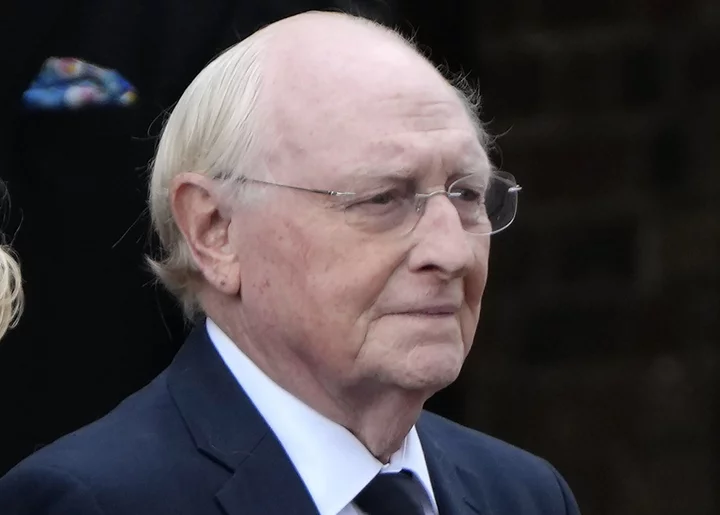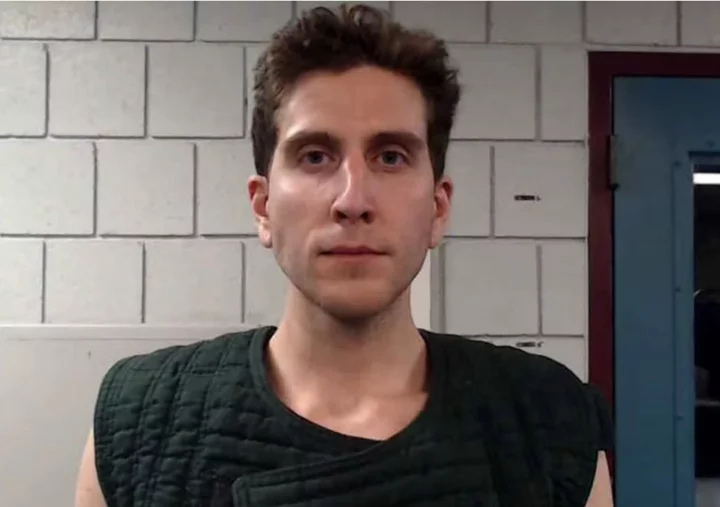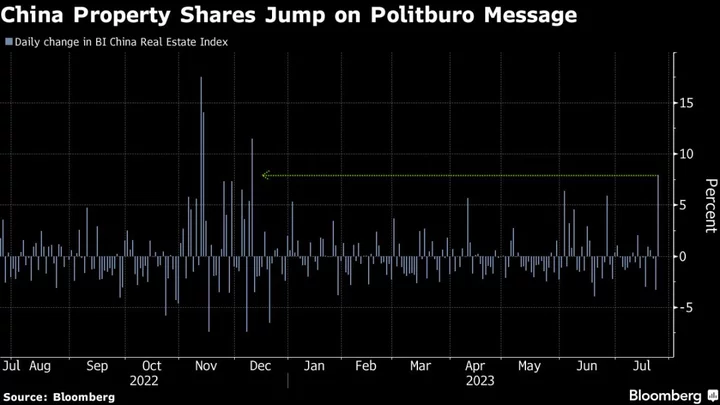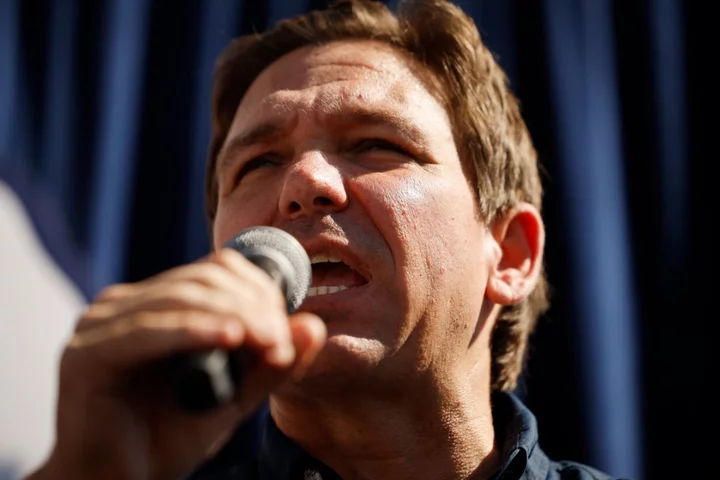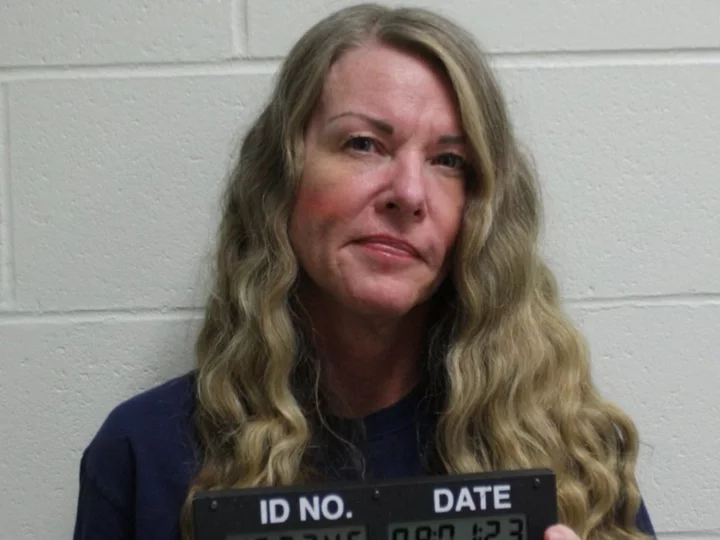Former Labour leader Neil Kinnock dismissed the chances of the party being forced into a coalition after the next UK election, saying that Keir Starmer would be able to operate a minority government if needed.
Kinnock, who led the Labour Party from 1983 to 1992, told the Bloomberg UK Politics Podcast that there was “no question” of Starmer entering into a power-sharing arrangement after a general election that Prime Minister Rishi Sunak must call by January 2025 at the latest.
While the opposition party has for months led Sunak’s Conservatives by double digits in the polls, some analysts say their performance in local elections last month fell short of what would be necessary to secure an outright majority.
In that case, Labour would need help from the Liberal Democrats or the Scottish National Party to form a government. The Conservatives have offered the potential for such a scenario as an argument against voting for Labour — in what would be a reprise of their 2015 election tactic.
“There won’t be a coalition,” Kinnock said. “In the event of him falling short of a majority, then other parties will readily make and supply an arrangement simply because they are not going to vote to topple a government which has just ended 14 years of particularly appalling Conservative rule, against which those parties are absolutely pledged to fight.”
- Listen to the full interview on the daily Bloomberg UK Politics Podcast from 1 p.m. Subscribe here.
Starmer, for his own part, has ruled out a coalition with the SNP, whose pursuit of another independence referendum could lead to a breakup of the UK. He has been less explicit about the prospects of a deal with the Liberal Democrats, refusing to answer what he says is a hypothetical question.
Kinnock, 81, led the Labour Party when it was locked in opposition under Tory prime ministers Margaret Thatcher and John Major, before ultimately handing the reins to Tony Blair. Before that, he was an MP during former Prime Minister James Callaghan’s rocky tenure leading a minority government, including cooperation with the Liberals, a predecessor party of the Liberal Democrats.
“I’m not saying it’s not a problem,” Kinnock said. “I lived through a minority government in the 1970s. “It’s a pretty hideous place to be. But the country can still have transparent, accountable, dependable, rational government in those circumstances.”
--With assistance from Kitty Donaldson.
Author: Caroline Hepker, Lizzy Burden and Yuan Potts

